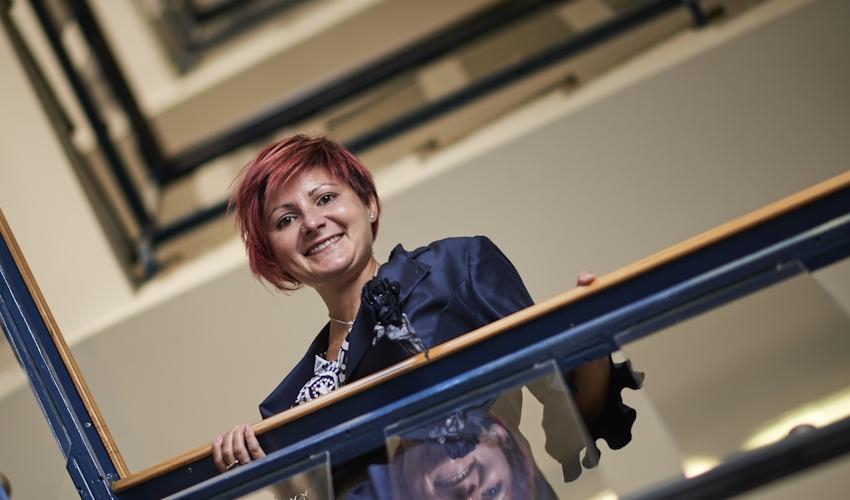
How to combat increasingly complex packaging
WHEN IT COMES TO RECYCLING, THE BIGGEST PROBLEM IS THE EVOLUTION OF PACKAGING, WHICH IS INCREASINGLY MADE OF MIXED MATERIALS. FORTUNATELY, TODAY TECHNOLOGY AND REGULATION MAKE IT POSSIBLE TO RECOVER MORE PACKAGING THAN IN THE PAST, AS EXPLAINED BY SIMONA FONTANA, BOCCONI ALUMNA AND HEAD OF THE CONAI RESEARCH CENTERThere is a myth to dispel when it comes to recycling and packaging recycling in particular: the e-commerce boom has little to do with it. It does not significantly affect the total quantity of packaging materials to be disposed of for industrial and domestic uses. If anything, e-commerce and home delivery have an impact by changing the type of urban waste produced by households. If domestic users also have to dispose of cardboard boxes, waste collection in cities becomes more heterogeneous and onerous, and cities already generate a wide range of recyclable materials. Not to mention that national disposal plans must take the different municipal organizations and rules followed in Italy’s urban centers into account. «There is a sort of constant evolution in the production of packaging to be recycled, increasingly complex packaging to dispose of appears on the market.
The solution is to stimulate both a systemic response and an incentive for technological research», explains Simona Fontana, head of the CONAI Research Center for the Circular Economy, which is responsible, among other things, for coordinating companies and public administrations in recycling efforts, and also to support the extra costs of urban waste collection through supply chain operational consortia. Born out of the 1997 Ronchi Decree, CONAI (which stands for Consorzio Nazionale Imballaggi, National Packaging Consortium) has promoted, for example, a partnership for a green and technologically advanced system to recover all the components of complex packaging such as tetrapak bricks, beverage cartons made up of several materials including paper, plastic and aluminum. «In the past, only one element could be extracted from its recovery and we had to discard the other two. Today, not only paper, but also plastic and aluminum from tetrapaks can be used to make other products, including pallets», underlines Fontana.
Between complex materials and progressively more heterogeneous collection, however, CONAI has also revised upward its recycling targets for 2023: the goal is to recover 75% of packaging materials used on a national basis this year. For last year, preliminary estimates give a result of 74% for Italy. It was 73.3% in 2021, starting from 33% in 1997. «The differences in percentage points may appear minimal but, in reality, they correspond to millions of tons of packaging reintroduced into the economic system», points out Ms Fontana. «Italy has a historic vocation for recycling. It is the first country in Europe in terms of kilograms per capita recycled. It is therefore a consolidated trend, which has not stopped even during the financial crisis or Covid. To the contrary, moments of uncertainty give greater value to the recovery of packaging and related economic benefits».
What role do citizens and public authorities play in this ecosystem? «Italians are among the most attentive to and convinced of the advantages of separate waste collection in Europe», replies Simona Fontana. «The public administration, on the other hand, has various tasks, from standardization and control procedures that must be easily implementable in reality to that of greening its own purchases through green public procurement processes».
by Camillo Papini
Translated by Alex Foti
